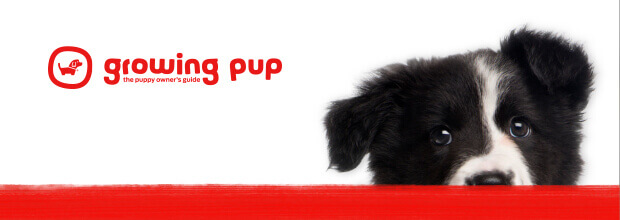- Dog suitable for experienced owners
- Some training required
- Enjoys active walks
- Enjoys walking an hour a day
- Giant dog
- Heavy drool
- Requires grooming daily
- Non hypoallergenic breed
- Quiet dog
- Guard dog. Barks, alerts and it's physically protective
- Great with other pets
- Great family dog








